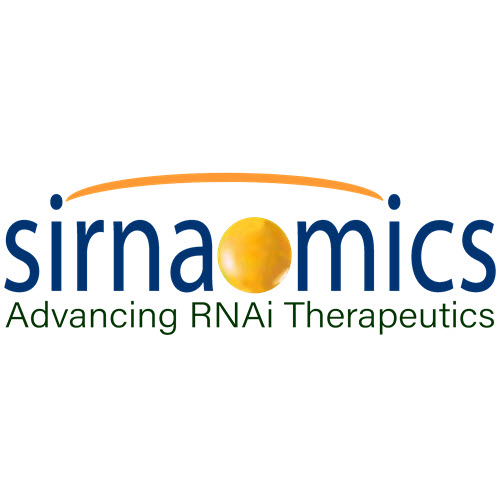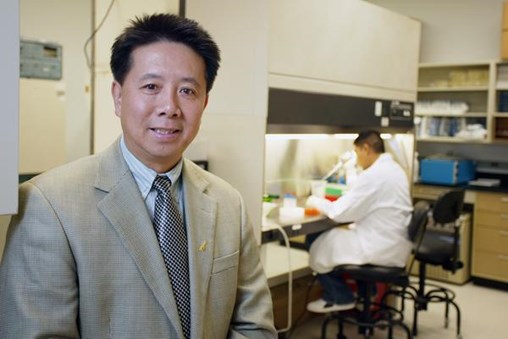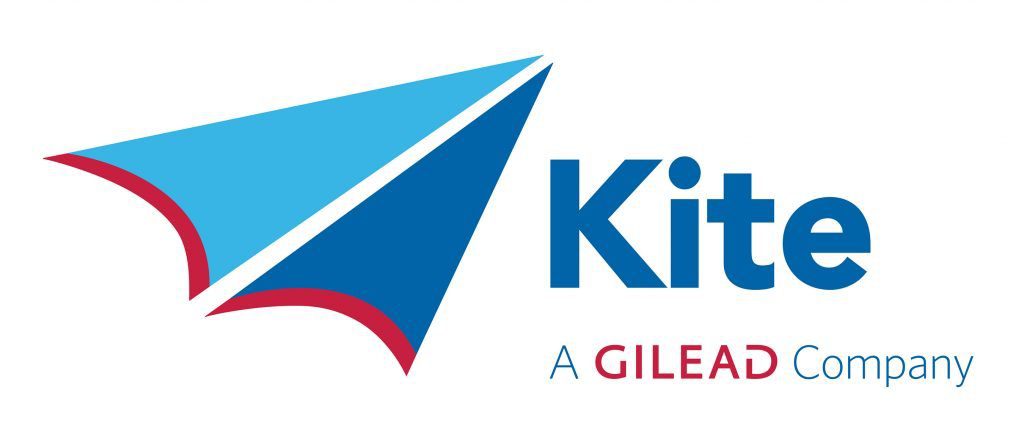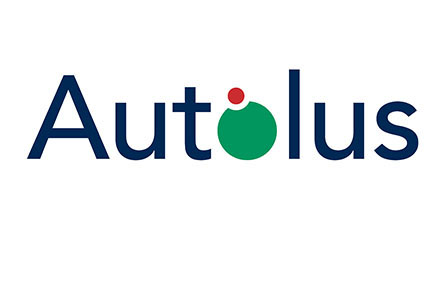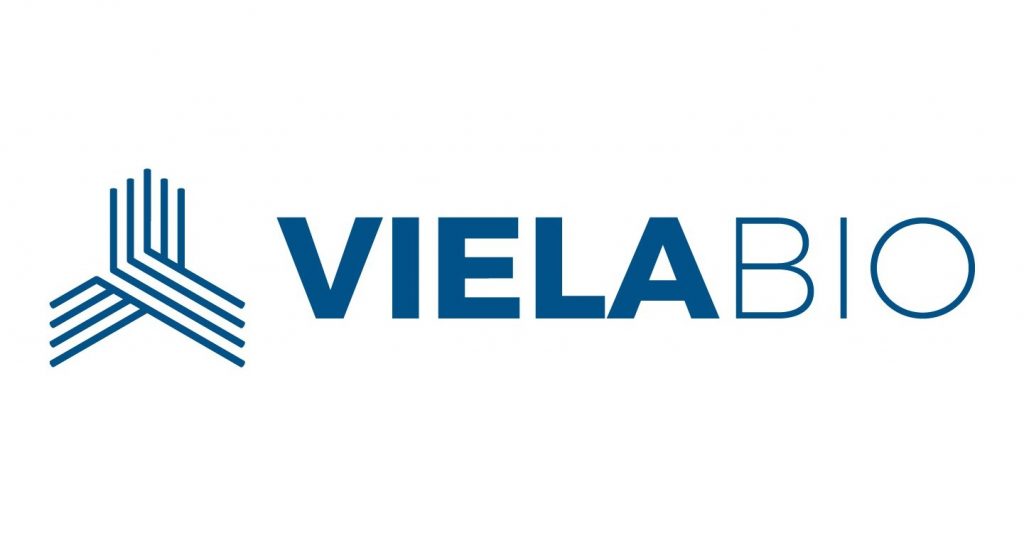Frederick, Maryland, April 29, 2019: The University of Vermont Health Network Ventures and legal firm Wilson Sonsini Goodrich & Rosati recently invested in BioFactura’s $6M Series B Financing Round.
“With the commitment from the UVM fund and WSGR, BioFactura is now securing value-added institutional investors who bring significant financial and business resources to bear as we advance our biopharmaceutical products to the clinic,” said Darryl Sampey, BioFactura’s President and CEO.
Dr. Jeffrey Hausfeld, Chairman of the Board and Chief Medical Officer, stated, “We are excited to work with the University of Vermont Health Network Ventures and WSGR and view them as important strategic investors in BioFactura. Both our Biosimilars and Biodefense drugs promote the health and safety of our patients using innovative, state of the art, biopharmaceutical manufacturing techniques. Improving access to highly effective biologic therapeutics, while bending the cost curve downwards in a meaningful way, are shared goals.”
Chris Jones, Director of Venture Investments for the UVM Health Network, commented, “Investments into biosimilars are directly aligned with the mission of improving access to care and reducing costs. There are additional benefits that BioFactura has revealed, such as improved quality and emergency preparedness, and I predict we will be seeing a lot of interest in this space and in this company going forward.”
Charles Andres Ph.D., RAC, Associate Attorney specializing in Intellectual Property states, “WS Investments, the investment fund of Wilson, Sonsini, Goodrich & Rosati, was pleased to participate in the round.”
About BioFactura, Inc.
BioFactura, Inc. (Frederick MD) develops and commercializes high-value, highly similar biosimilars (i.e., follow-on biologics or generic biopharmaceuticals) using its patented StableFast™ Biomanufacturing Platform, the optimal system for bringing these drugs to market with faster, lower cost, superior-quality manufacture. For over 10 years, BioFactura has been advancing life-saving medicines from the research bench to the patient using its innovative drug development and manufacturing technologies. Current and past programs include biodefense drugs against smallpox and Ebola, novel medicines for cancer, and low-cost/high-quality biosimilars for autoimmune and infectious diseases. www.biofactura.com
About University of Vermont Health Network Ventures
University of Vermont Health Network Ventures is the highly selective, mission-led ventures arm of Vermont’s 8-hospital healthcare system. www.uvmhealth.org
About Wilson Sonsini Goodrich & Rosati
Wilson Sonsini Goodrich & Rosati is a law firm in the United States that specializes in business, securities, and intellectual property law. WSGR provides legal services to technology, life sciences, and growth enterprises worldwide, as well as the venture capital firms, private equity firms, and investment banks that finance them. The firm’s clients operate in a range of technology industries, including the biotech, communications, digital media, energy, financial services, medical devices, mobile, semiconductor, and software sectors. www.wsgr.com


